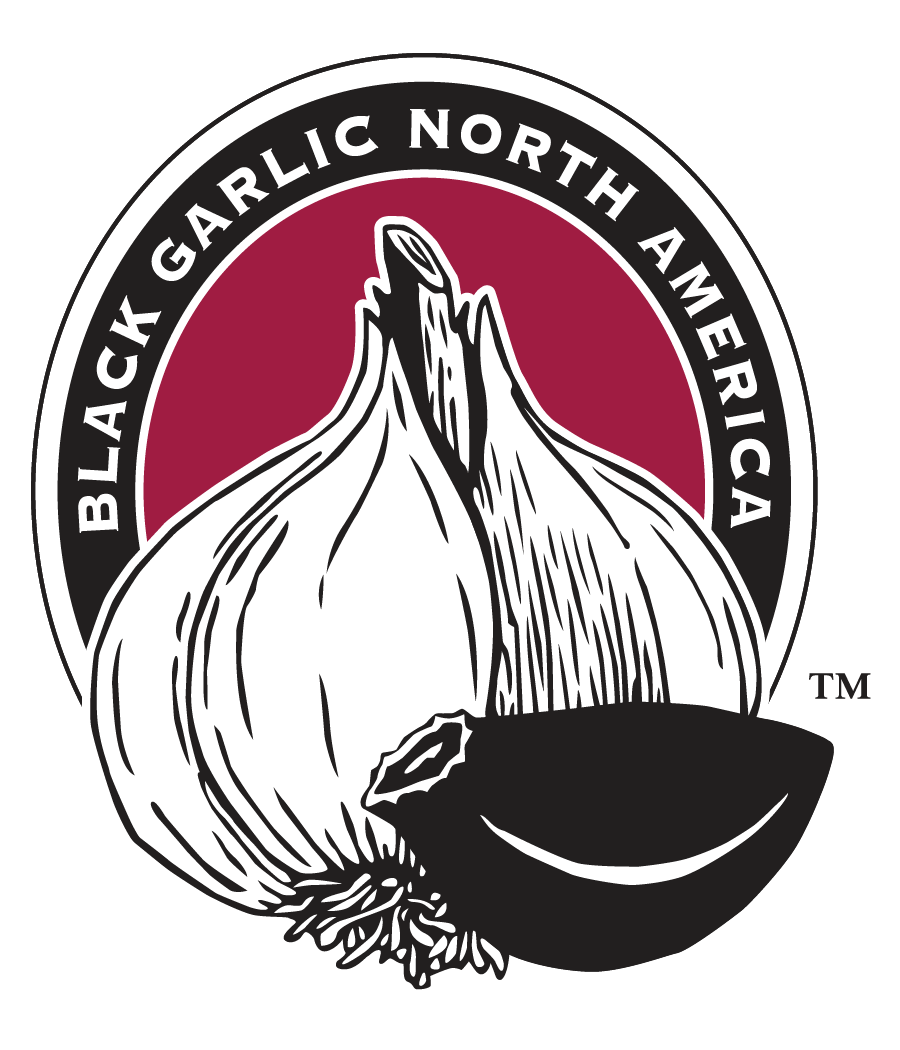A Crash Course on Eating Plant-Based
Nearly ten million Americans follow a plant-based diet for health, ethical, or preference reasons. Yet, there’s some confusion around the term plant-based – it’s not the same as vegan or vegetarian, though those terms sometimes get used interchangeably. We’ll break down what it means to eat a plant-based diet, as well as how sugar fits into a plant-based diet for weight loss.
What is a plant-based diet?
People who follow a plant-based diet mostly or entirely eat plants. The majority of what they eat is fruit, vegetables, legumes – rather than animal products such as meat, cheese, or eggs.
There are many variations of plant-based diets, including:
Whole-foods plant-based:
This diet prioritizes eating whole, unrefined, or minimally refined food that comes from plants, without any animal ingredients (meat, milk, eggs, or honey). It excludes processed foods, like boxed macaroni & cheese or meat-free vegan chicken nuggets.
Mediterranean diet:
Named for the traditional eating habits in the countries bordering the Mediterranean Sea, this diet includes plenty of fruit, vegetables, cereals, beans, nuts, and seeds, using olive oil as the primary fat and low amounts of animal proteins, usually fish over meat.
Semi-vegetarian or flexitarian:
This diet also prioritizes fruits, vegetables, legumes, and whole grains, but as the name suggests, followers are flexible and incorporate meat and animal products sometimes.
PescEtarian:
This diet cuts out red meat, poultry, and “wild game” but permits dairy products (such as cheese and eggs) as well as fish and shellfish.
The DASH diet:
DASH is an acronym for Dietary Approaches to Stop Hypertension. This diet aims to reduce sodium in your diet and to help lower blood pressure. Followers of the DASH diet eat whole grains, fruits, vegetables, low-fat dairy products, some fish, poultry and legumes, plus a small number of nuts and seeds a few times a week.
The MIND diet:
MIND stands for Mediterranean-DASH Intervention for Neurodegenerative Delay. This diet is a hybrid of the two diets mentioned above and aims to reduce the risk of dementia and the decline in brain health.
The health benefits of a plant-based diet are, unsurprisingly, varied depending on what plants each person chooses to eat. For instance, one study compared the effects of a plant-based diet that incorporated whole grains, fruits, vegetables, nuts, and legumes as compared to a plant-based diet that included potatoes (fries and potato chips), sugar-sweetened beverages, fruit juices, and refined grains. The first group had the lowest risk for heart disease, were more active, and weighed less than the second group.
Plant-based vs. vegan diets
So, what’s the difference between a plant-based diet and veganism?
Vegan diets abstain from all animal-based products. Often, veganism extends beyond dietary choices and into lifestyle habits. “Veganism is generally defined as living in a way that avoids consuming, using, or exploiting animals as much as realistically possible. While this leaves room for individual preferences and barriers, the overall intent is that minimal harm is done to animals through life choices,” reports Healthline. “In addition to excluding animal products from their diets, people who label themselves as vegan typically avoid purchasing items that were made from or tested on animals.”
As it relates to eating habits, many vegans still eat processed foods. Vegans can certainly eat junk food – cookies, potato chips, and some candies are vegan. If you’re seeking to eat better to lose weight, veganism isn’t necessarily a silver bullet. It’s important to consider the quality of your ingredients in addition to where they come from (plants or animals).
A plant-based diet and black garlic
Black Garlic North America Whole Bulbs next to Fresh Garlic
Black garlic has a different range of uses compared to fresh garlic. Fresh garlic is crisp with a strong garlic flavor, and a degree of heat or spiciness. Black Garlic is chewy with a very mild garlic flavor, sweet undertones, molasses and chocolate notes; there is seldom heat or spiciness, and the garlic flavor is subdued.
Black Garlic North America’s black garlic is made entirely from fresh garlic with no preservatives or added ingredients. Our black garlic is vegan, gluten-free and loaded with polyphenols, the micronutrients found in some plant-based foods. Polyphenols are full of antioxidants, and the black garlic polyphenol level is at least twice that of the level found in fresh garlic! One study found that the level of polyphenols in whole bulbs increased 3X after the black garlic process.
Black garlic satisfies a plant-based diet and adds flavor to just about any recipe, even cocktails! These lovely cloves provide a touch of sweetness to vegan dressings, add umami depth to homemade veggie burgers, and introduce a subtle black garlic flavor in roasted veggies. We even offer organic black garlic, all sourced in North America!
How does sugar fit into eating plant-based?
“A plant-based diet sounds like it’d be inherently healthy, but that’s not always the case. Refined grains, added sugars, and vegan fast food are all plant-based—but not the healthiest. Fruits, veggies, nuts, seeds, and some proteins make for more nutritionally sound choices,” Kelly Plowe, MS, RD told VeryWellFit.
A whole-foods, plant-based diet will eliminate processed sugar, but be aware: alternatives like coconut sugar and raw cane sugar can have the same effect on blood sugar as table sugar. Instead, research shows that stevia is a better alternative – and it’s plant-based.
Pyure Organic Stevia is one of the only organic stevia brands. It’s a sweetener that’s zero glycemic (it won’t spike blood sugar), zero-calorie and free from any of the chemicals used to create artificial sweeteners. Learn more about Pyure’s organic stevia products – and get some tasty plant-based recipes – on their blog, Sweet Talk.
Do you follow one of the plant-based diets above? Share the ingredients that are most important to you in the comments below and suggest tips for anyone new to plant-based eating!
Stay hungry, black garlic fans! ❤️
This article was originally published at pyureorganic.com and has been edited with permission. Read the original article.







